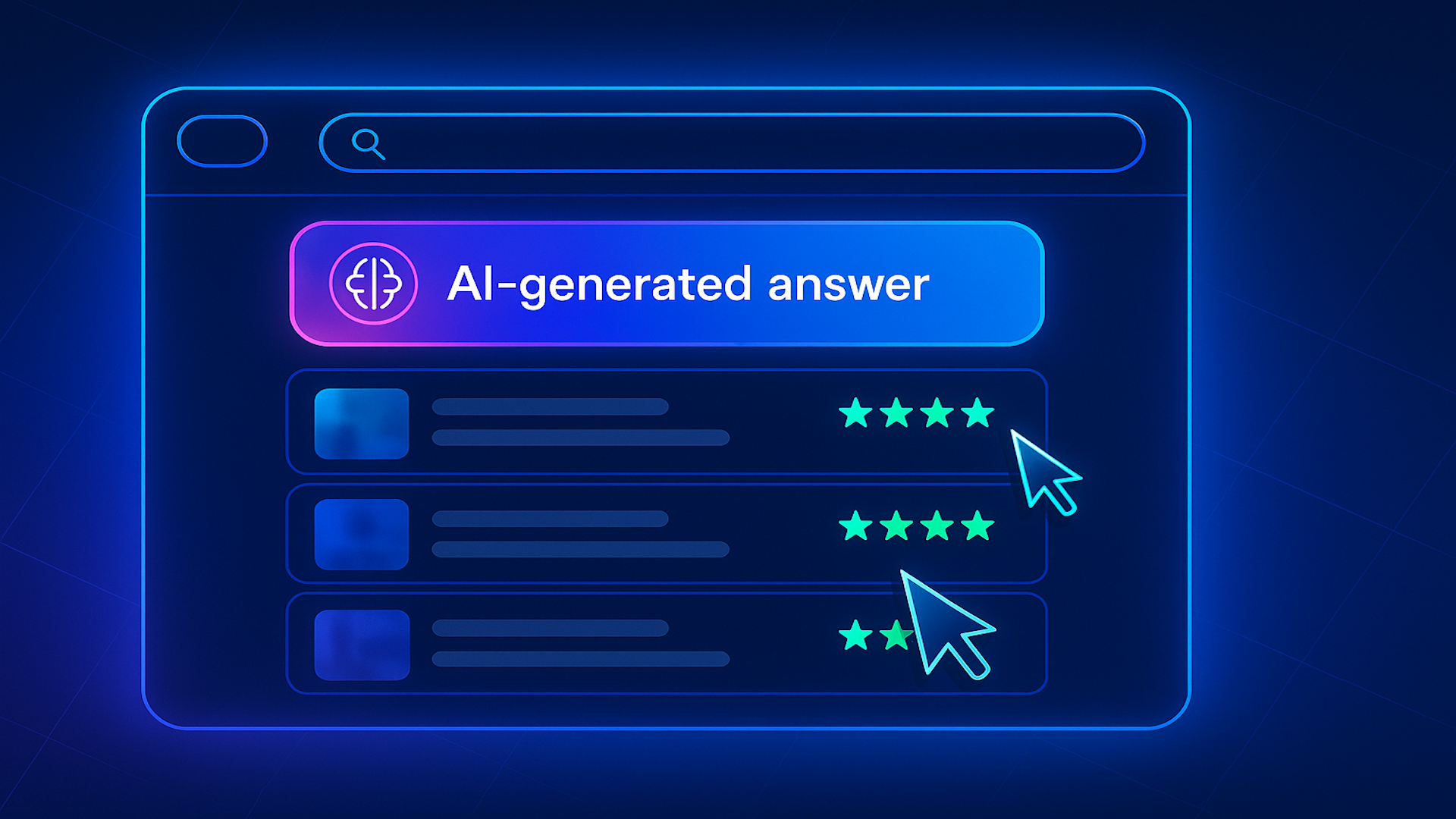A eulogy for Mapquest
Once the dominant mapping site, the decline of Mapquest is a story of disruptive competition and corporate complacency.

Earlier this week Mapquest was sold by corporate parent Verizon to System1, an ad-tech company you’ve probably never heard of for an undisclosed amount, which was “not material enough for Verizon to file paperwork.” That’s a metaphor for how far Mapquest has fallen since its heyday as the dominant online mapping site roughly a decade or so ago.
Mapquest’s long history
Some people reading this may not even be aware that Mapquest still exists. It obviously does and still claims, remarkably, 38 million monthly users (which could be overstated). By comparison, Google Maps has more than a billion users globally according to the company. Verizon ended up with Mapquest as part of its AOL acquisition in 2015.
Since its acquisitions of AOL and Yahoo (in 2016), Verizon has made several mapping-related acquisitions and investments in Mapquest, intended to bolster and potentially reinvigorate the company. However, in
The predecessor to Mapquest was founded as the mapping division of R.R. Donnelley in the late 1960s. After considerable evolution over a period of years, it was spun out in the mid-1990s under the leadership of Perry Evans and Simon Greenman, among others. In 1999, the company went public but was acquired in an all stock transaction by AOL for $1.1 billion in 2000.
At the time it was an extremely valuable addition to AOL’s growing local search and advertising portfolio. AOL was then the internet’s dominant company, a position Google occupies today.
The arrival of Google Maps
The beginning of Mapquest’s long, slow decline effectively started after Google’s acquisition of Australian navigation company Where 2 Technologies in 2004. That became the foundation of Google Maps, which launched in 2005. Google Maps was more interactive and “draggable,” which provided a kind of “wow” factor that Mapquest didn’t have. Google also envisioned Maps as a searchable database of locations, which made it more useful than Mapquest, which was mostly about getting driving directions.
Google also invested very heavily in Maps without regard to revenue generation — and still does to this day. For whatever reason, AOL didn’t fully appreciate the competitive threat of Google Maps and failed to consistently and sufficiently evolve and develop the platform, although the site had experimented with advanced features like satellite imagery ahead of Google. There were periodic investments and upgrades before and after the Verizon acquisition of AOL but they were typically modest and often played catch-up to Google.
Turning off the links a turning point
In 2007 Google removed links to competing mapping sites (i.e., Mapquest and Yahoo Maps) from the top of search results. As a result of that change and continued feature improvements, Google Maps passed Mapquest to become the top online mapping site in 2009. Hitwise’s Heather Hopkins said at the time that Google’s referral of local searches to its own maps product was the key factor that drove the change.
Mapquest still has a brand and usage; it also has advertiser relationships and lots of data. These factors make it valuable to System1, which has a lead-gen and search advertising business. We’ll see if the site invests or just mines the existing traffic for lead-gen and customer acquisition.
Is anti-competitive behavior the culprit?
The story of Mapquest’s decline is more complex than what I’ve described above, but these are the broad strokes. For years after the removal of links from the top of search results
By comparison, Google Maps has become one of the company’s most valuable properties and one that is still largely untapped from an ad revenue perspective. RBC Capital Markets’ Mark Mahaney argued in a research note that Google Maps could generate between $2 and nearly $4 billion in additional revenue for the company annually if it were to further monetize Maps.
It would be naive to say that Mapquest’s fall had nothing to do with Google’s ability to refer traffic to its own mapping site. However, it would also be inaccurate to say that fact was solely responsible for what happened to Mapquest, which wasn’t sufficiently aggressive in countering Google Maps with brand advertising and product innovation.
Contributing authors are invited to create content for Search Engine Land and are chosen for their expertise and contribution to the search community. Our contributors work under the oversight of the editorial staff and contributions are checked for quality and relevance to our readers. Search Engine Land is owned by Semrush. Contributor was not asked to make any direct or indirect mentions of Semrush. The opinions they express are their own.


